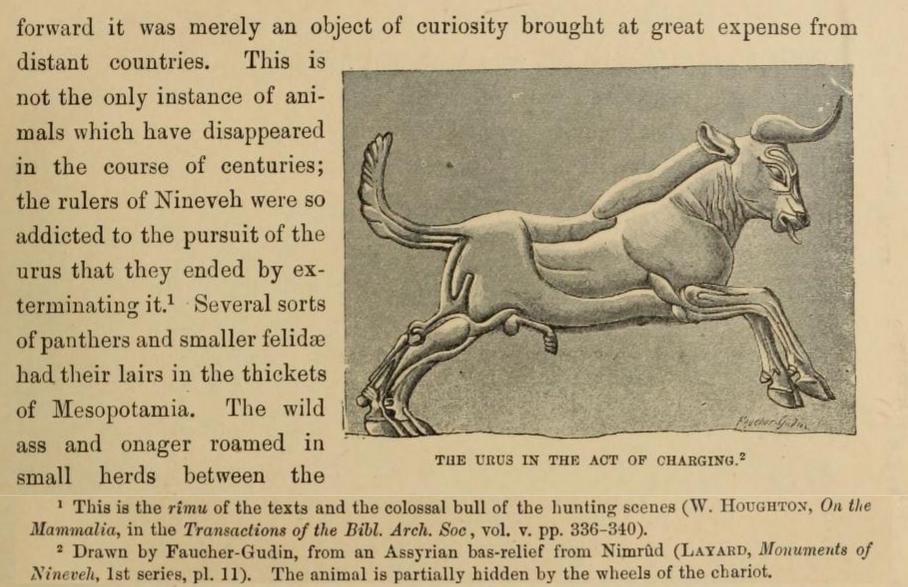David Boswell is absolutely correct - animal names are consistently difficult to translate.
The word under inspection is reim (Hebrew: ראם). The word also comes up in Numbers 23:22:
God brought them out of Egypt; they have the strength of a wild ox. (NIV)
[Here][2]Here are some commentaries.
...It is difficult to say what kind of beast is intended by the original word. The Septuagint translate the word μονοκερως, the unicorn, or one-horned animal; the Vulgate, sometimes, unicornus; and in the text rhinocerotis, by which the rhinoceros, a creature which has its name from the horn on its nose, is supposed to be meant...The creature referred to is either the rhinoceros, some varieties of which have two horns on the nose, or the wild bull, urus, or buffalo; though some think the beast intended is a species of goat; but the rhinoceros seems the most likely. There is literally a monoceros, or unicorn, with one large curled ivory horn growing horizontally out of his snout; but this is not a land animal, it is the modiodan or nurwal, a marine animal of the whale kind, a horn of which is now before me, measuring seven feet four inches; but I believe the rhinoceros is that intended by the sacred writers.
(Clarke's Commentary on the Bible)
This book book deals extensively with the word reim (spelled as re'em), the question of unicorns and many other difficult to translate animals in the Bible (some relevant content is available to read as a free preview on google books).
[2]There is also this from the book,
The dawn of civilization: Egypt and Chaldaea: Maspero, G. http://bible.cc/numbers/23-22.htm, 1846-1916
